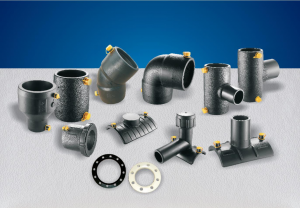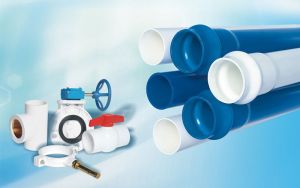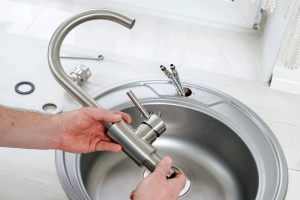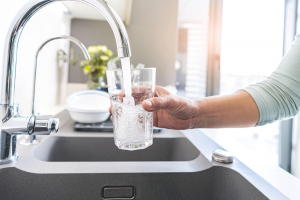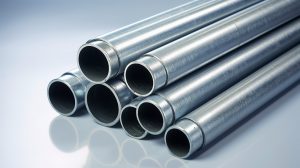Table of Contents
The plumbing system is one of the most important aspects of your home that requires regular maintenance. Without regular maintenance, you risk incurring costly repair bills, water damage, and other plumbing disasters. However, with regular maintenance, you avoid many plumbing issues. Here are several tips that help you take good care of your water supply pipes and the whole plumbing system.
Keep your drains clean
Drains are important to your plumbing system. Drains filter and flush water and debris away, whether it’s food particles down the kitchen sink or shampoo down the shower drain.
Keeping your drains clean is necessary for a smooth and effective plumbing system. Baking soda’s versatility and dependability make it an excellent cleaning agent. It also absorbs unpleasant odors, ensuring that sinks smell clean and fresh. Sprinkle baking soda down the drain on a regular basis and run water through it to clean it.
Regularly adding hot water and soap to the bowl will help you clear your toilet drain and avoid a blocked toilet.
Avoid clogs
Do your sink and tub drain slowly? If so, you are likely to have clogs. The most common causes of clogs are hair, soap, mineral accumulation, food waste, small items, etc. You should try to avoid clogs.
If you frequently lose hair in the shower, invest in a hair-catching shower drain guard. You should stop using your sink or garbage disposal as a trash can to keep food waste from clogging your drains.
Make your pipes pressure cleaned on a regular basis to remove soap buildup. Install a water softener, which prevents mineral buildup. You should also avoid disposing of certain foods and objects down the drain. Foods that expand, such as pasta and coffee grounds, are examples, as are fat, oil, and grease.
Never flush feminine hygiene products, diapers, disposable wipes, tissue paper, cotton balls, or paper towels. Using less toilet paper will also help to keep drains clear. Human waste and toilet paper are the only things you should ever flush as a general rule.
Another critical component of your plumbing that you should not overlook is your water heater. Your water heater will work inefficiently if the sediment is not drained. If the water heater is clogged with sediment, it may stop working entirely.
To avoid such a situation, you should drain your water heater on a regular basis. This will remove the sediment accumulated in the water heater’s bottom.
Check the water pressure
If your water pressure is too low, it will take longer to fill the tub, take a shower, or do the dishes. Furthermore, your clothes and dishes may not be thoroughly cleaned. Excessive water pressure can damage fixtures, raise your water bill, and cause appliances to break down sooner.
A water pressure gauge can tell you whether your water pressure is too high or too low. All you need is to connect the water pressure gauge to a faucet. Turn off all faucets to check your baseline water pressure. The water pressure normally should be between 30 and 80 pounds per square inch.
Water pressure issues can be caused by hidden leaks, mineral buildup in the pipes, or the location of your home. A plumber can assist you with changing your water pressure, which is a core part of plumbing maintenance.
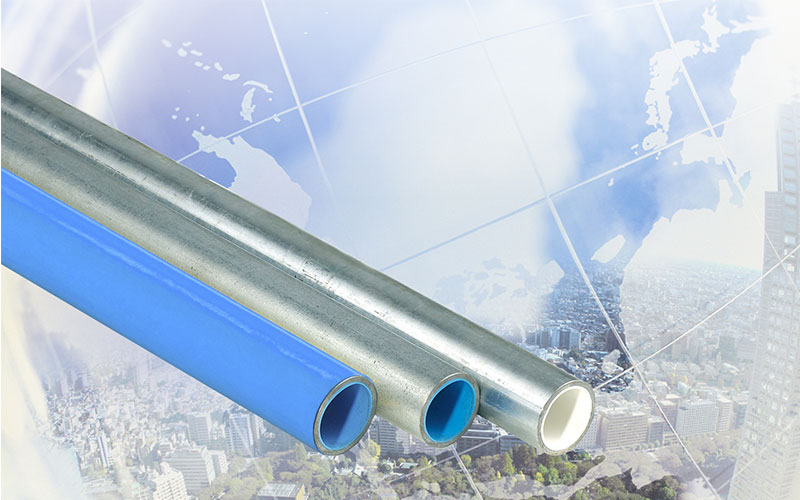
Use a water softener
The quality of water also has an impact on the plumbing system. Hard water may cause clogged plumbing from limescale formation in pipes, and bring stained or discolored sinks, toilets or bathtubs.
The term “hard water” refers to any water supply containing a high concentration of minerals, specifically calcium and magnesium.
Water absorbs and retains naturally occurring minerals as it travels through the Earth’s atmosphere and soil. Although calcium and magnesium are the most commonly found minerals in hard water, traces of iron, zinc, barium, aluminum, copper, manganese, and other dissolved metals may also be present. The mineral content of the water determines how “hard” it is.
If the hardness of your water exceeds 7 grains per gallon or 120 mg/L, you may require a water softener to ensure the proper operation of your appliances and to improve the smell, appearance and taste of your water.
Choose high-quality plumbing pipes
It’s of great significance to choose high-quality plumbing pipes. However, most people feel it is hard as they have no prior plumbing experience.
A factor in determining the right plumbing pipe for your home is the amount of water pressure you require. If you’re looking for a commercial plumbing solution, you’re probably looking for high water pressure. To maintain high water pressure, a pipe must be wide and strong enough to withstand significant force. Plastic pipes are typically the best choice because they are specifically designed for this purpose.
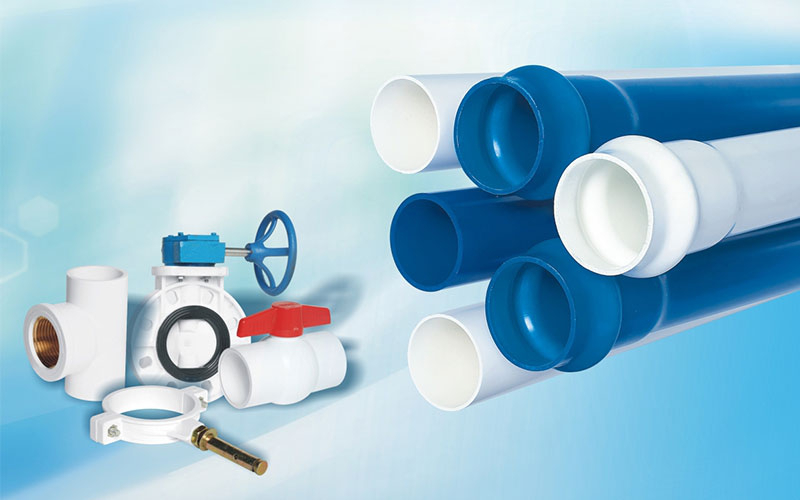
LESSO offers rich options for high-quality plastic pipes, including PVC, PP and other plastic materials. For example, PVC-U Water Supply Pipe is an ideal choice with high-flow capacity. PVC-U water pipe has smooth interior walls and low friction, bringing low flow resistance and high volume. It is an environmentally friendly pipe and can work for over 50 years with proper plumbing maintenance.
Keeping your home’s plumbing system in excellent working order doesn’t take much effort. However, the steps you take are critical for avoiding costly disasters such as broken pipes, a faulty water heater, and clogged mains. Take your plumbing system seriously. If you give enough attention to it, you will be rewarded with lower energy bills and a safer, cleaner, and more sanitary home. LESSO, one of the world-leading pipe manufacturers, provides high-quality pipes and is your perfect choice to build an outstanding home plumbing system!
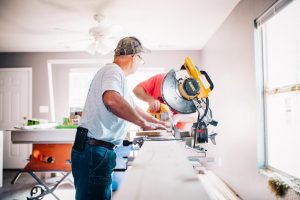
How to Choose the Suitable Pipes for House Plumbing
Table of Contents One of the most significant factors that will affect your house’s overall quality is its plumbing. This means that it isn’t enough
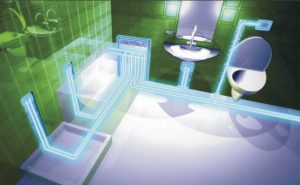
Bathroom Plumbing Guide
Table of Contents Homeowners often seek methods to make their houses better – whether they are reorganizing or renovating. Many respond to the concept of



